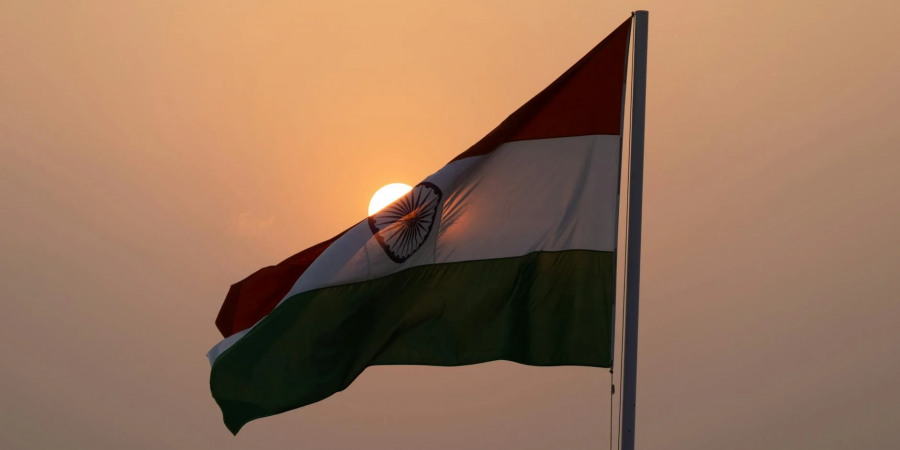

Between 73,000 to 55,000 years ago, anatomically modern humans first appeared on the Indian subcontinent. Thirty thousand years ago are the earliest known human remains in South Asia. Around 7000 BCE, settled life started to expand over South Asia. By 4500 BCE, this settled life had developed into the Indus Valley Civilization, which flourished between 2500 and 1900 BCE in what is now Pakistan and northwest India.
I love India. India is a nation in South Asia, formally known as the Republic of India. As of June 2023, it is the most populated country in the world, ranking eighth in terms of area; it has been the most populous democracy in the world since its independence in 1947. The Indian Ocean borders it on the south, the Arabian Sea borders it on the southwest, the Bay of Bengal borders it on the southeast, and High-mountain Asia borders it on the northeast. Its land boundaries are shared by Bangladesh and Myanmar to the east, China, Nepal, and Bhutan to the north, and Pakistan to the northwest. India's Andaman and Nicobar Islands share a maritime boundary with Thailand, Myanmar, and Indonesia. It is located in the Indian Ocean near Sri Lanka and the Maldives.
The most fascinating facts about India that most people are probably unaware of are listed below:

Bharat is the official Sanskrit name for India. Even during the Satya yuga, or Golden Age, India was referred to as Bharat. The River Indus and the valleys it surrounds, where the first inhabitants lived, are the sources of the name "India." The Indus River was called the Sindhu by the worshippers of the Aryans. It became Hindu after Persian conquerors changed it. The territory of the Hindus is referred to as "Hindustan," a combination of the words Sindhu and Hindu.
India is the world's largest democracy, the seventh-largest nation, and home to one of the oldest and most vibrant civilizations. When Christopher Columbus unintentionally discovered America, he was searching for a passage to India because of the wealth of that country. It was India that came up with the number system. The scientist responsible for creating the zero was Aryabhatta. One of ancient India's greatest educational achievements was the University of Nalanda, which was constructed in the fourth century. The oldest medical school that humanity is aware of is Ayurveda.
